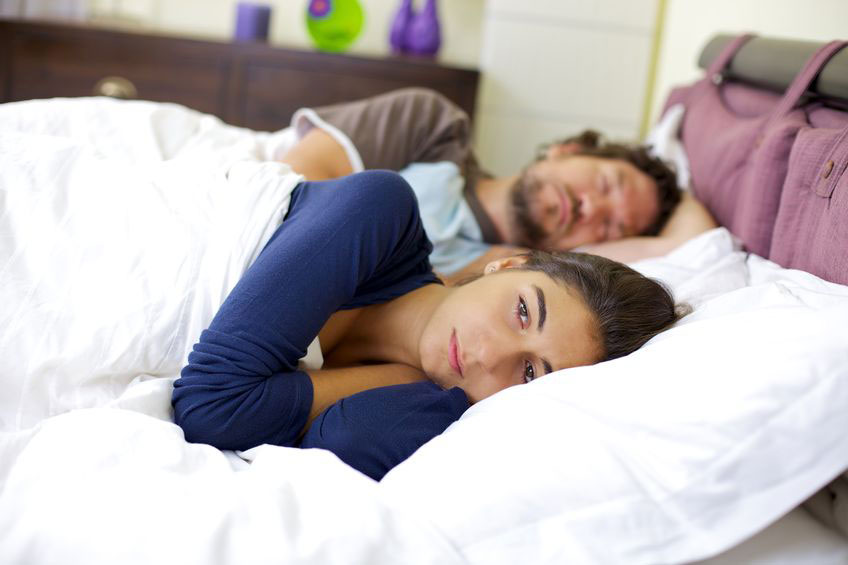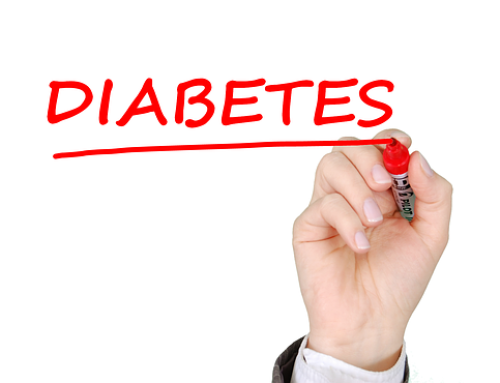You may have heard people say “I’ll sleep when I die.” Truth is, their lack of sleep may actually precipitate death. Research shows that if you sleep less than six hours a night, you are at far greater risk of having a heart attack or experiencing a stroke [source: Roizen and Oz]. What’s more, your mind seems to deteriorate at a faster pace.
On an emotional level, a lack of sleep makes you less peaceful and more prone to anger. Sicknesses related to viral infections are also more prevalent among people lacking proper rest. Eight hours of sleep each night is important for your current physical health, as well as your mood and your longevity.
Top Sleep Facts
Better health. Getting a good night’s sleep won’t grant you immunity from disease. But study after study has found a link between insufficient sleep and some serious health problems, such as heart disease, heart attacks, diabetes, and obesity.
In most cases, the health risks from sleep loss only become serious after years. That might not always be true, however. One study simulated the effects of the disturbed sleep patterns of shift workers on 10 young healthy adults. After a mere four days, three of them had blood glucose levels that qualified as pre-diabetic.
Better sex life. According to a poll conducted by the National Sleep Foundation, up to 26% of people say that their sex lives tend to suffer because they’re just too tired. There’s evidence that in men, impaired sleep can be associated with lower testosterone levels — although the exact nature of the link isn’t clear.
Less pain. If you have chronic pain — or acute pain from a recent injury — getting enough sleep may actually make you hurt less. Many studies have shown a link between sleep loss and lower pain threshold. Unfortunately, being in pain can make it hard to sleep.
Researchers have found that getting good sleep can supplement medication for pain. If pain is keeping you up at night, there are also medications available that combine a pain reliever with a sleep aid.
Lower risk of injury. Sleeping enough might actually keep you safer. Sleep deprivation has been linked with many notorious disasters, like the destruction of the space shuttle Challenger and the grounding of the Exxon Valdez.
Of course, any kind of accident is more likely when you’re exhausted. When you’re overtired, you’re more likely to trip, or fall off a ladder, or cut yourself while chopping vegetables. Household accidents like that can have serious consequences.
Better mood. Getting enough sleep won’t guarantee a sunny disposition. But you have probably noticed that when you’re exhausted, you’re more likely to be cranky. That’s not all. Not getting enough sleep affects your emotional regulation. When you’re overtired, you’re more likely to snap at your boss, or burst into tears, or start laughing uncontrollably.
Better weight control. Getting enough sleep could help you maintain your weight — and conversely, sleep loss goes along with an increased risk of weight gain. Why? Part of the problem is behavioral. If you’re overtired, you might be less likely to have the energy to go for that jog or cook a healthy dinner after work.
The other part is physiological. The hormone leptin plays a key role in making you feel full. When you don’t get enough sleep, leptin levels drop.
Result: people who are tired are just plain hungrier — and they seem to crave high-fat and high-calorie foods specifically.
Clearer thinking. Have you ever woken up after a bad night’s sleep, feeling fuzzy and easily confused, like your brain can’t get out of first gear?
Sleep loss affects how you think, It impairs your cognition, your attention, and your decision-making. Studies have found that people who are sleep-deprived are substantially worse at solving logic or math problems than when they’re well-rested. They’re also more likely to make odd mistakes, like leaving their keys in the fridge by accident.
Better memory. Feeling forgetful? Sleep loss could be to blame. Studies have shown that while we sleep, our brains process and consolidate our memories from the day. If you don’t get enough sleep, it seems like those memories might not get stored correctly — and can be lost.
What’s more, some research suggests that sleep decreases the chances of developing false memories. In several experiments, people were asked to look over a series of words. Later they were tested on what they remembered. People who didn’t sleep in between were much more likely to “remember” a word that they hadn’t actually seen before.
Stronger immunity. Could getting enough sleep prevent the common cold? One preliminary study put the idea to the test. Researchers tracked over 150 people and monitored their sleep habits for two weeks. Then they exposed them to a cold virus.
People who got seven hours of sleep a night or less were almost three times as likely to get sick as the people who got at least eight hours of sleep a night. More research is needed to establish a real link; this study was small and other factors may have influenced the results. Still, you can’t go wrong getting eight hours of sleep when possible.
Get a good nights sleep.
By Dr Kannan Athreya
Contact me by email: [email protected] or call the clinic on: 01277 201001Follow me on Twitter @DrAthreya






